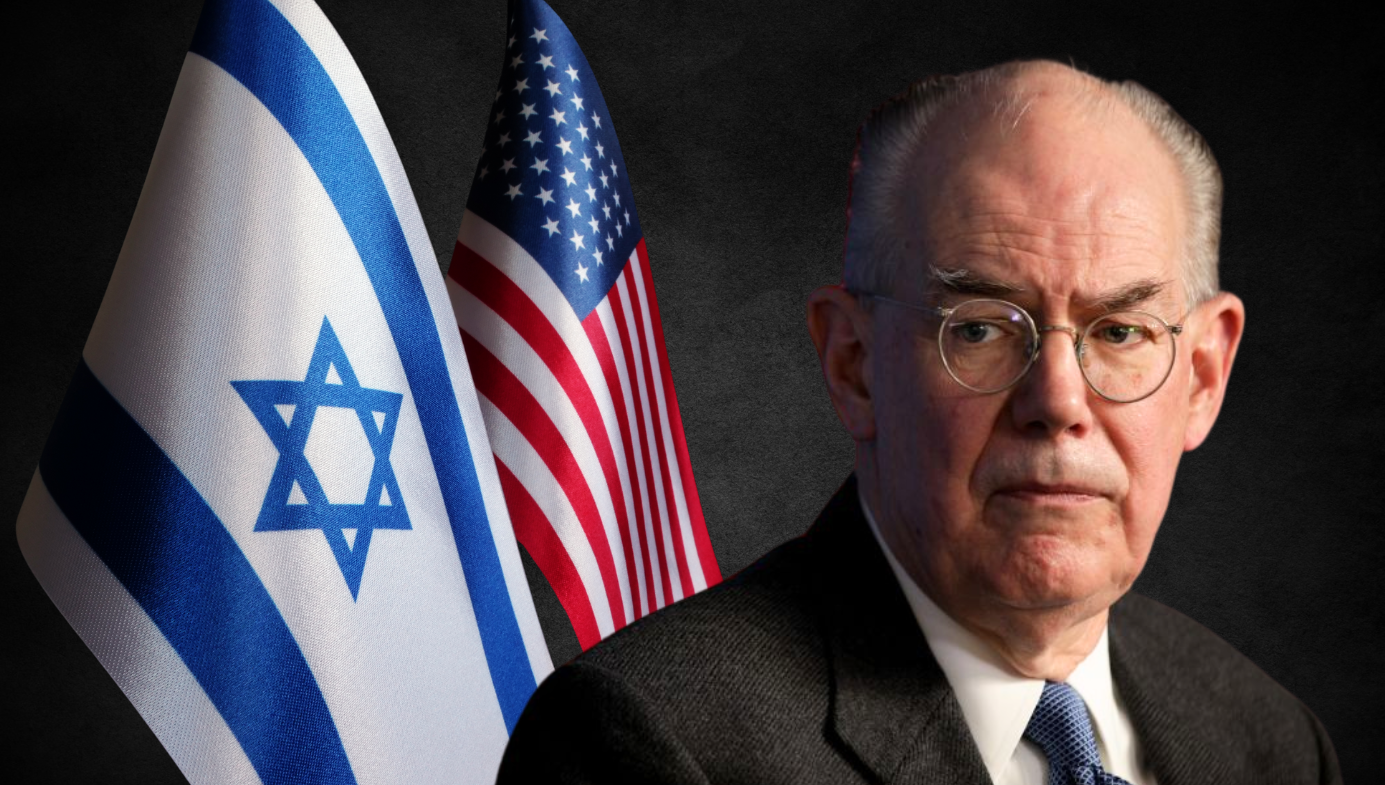Politics
The Limits of ‘The Israel Lobby’
Mearsheimer and Walt still don’t understand American support for Israel.

I.
In March 2006, John Mearsheimer and Stephen Walt—professors of international relations at the University of Chicago and Harvard, respectively—published a long essay in the London Review of Books titled “The Israel Lobby.” It argued that pro-Israel political forces in the United States exert a disproportionate and generally detrimental influence on American foreign policy.
“The Israel Lobby” was immediately and intensely controversial. Critics alleged that the essay trafficked in antisemitic tropes about dual-loyalty and the malign effects of Jewish power and money. Other readers were receptive to Mearsheimer and Walt’s central contention that “the Lobby” (as they refer to it throughout their essay) disfigures American policymaking, and they welcomed what they saw as an overdue debate about whether America’s support for Israel is doing more harm than good.
Two years later, Mearsheimer and Walt expanded their argument into a 496-page book titled The Israel Lobby and U.S. Foreign Policy, which reignited the row that greeted the authors’ LRB essay. The journalist Jeffrey Goldberg described the book as the “most sustained attack, the most mainstream attack, against the political enfranchisement of American Jews since the era of Father Coughlin.” The previous March, Mearsheimer had observed that the “lobby goes to great lengths to silence criticism of Israeli policy as well as the US-Israeli relationship. … Thus, we expected to be called anti-semites.” Walt likewise dismissed criticisms like Goldberg’s as “smears” and described them as a “tacit concession that both facts and logic were on our side.”
After the 7 October attacks and amid the ongoing war in Gaza, the debate over Israel’s relationship with the United States has come roaring back. “The lobby is as powerful as ever,” Mearsheimer assured readers of the New Statesman in February. Walt recently condemned what he described as the lengths to which “Israel’s backers will go to silence anyone who challenges their narrative.” But according to Mearsheimer, something changed in the aftermath of 7 October:
The big difference between when we wrote the book and now is that the lobby’s activities are out in the open today in ways that they weren’t in 2007. I think few people knew much about the lobby back then. And very few people knew much about the lobby’s influence on American foreign policy, especially as it applies to the Middle East. And I think that we helped to expose that and now more people understand what’s going on. The lobby is now forced to operate much more out in the open.
Mearsheimer and Walt have long taken credit for breaking what they believe is a taboo on discussing Israel’s influence in Washington. “From the perspective of any lobby,” Mearsheimer said, “it’s best if it can operate behind closed doors and wield significant influence that the public doesn’t see. But the Israel lobby can’t operate that way anymore.” The subject of Israel’s relationship with the United States has been openly and widely debated in both countries for decades. “The lobby”—which is really just Mearsheimer and Walt’s term for the entire constellation of pro-Israel opinion in the United States—has never existed in the shadows.





